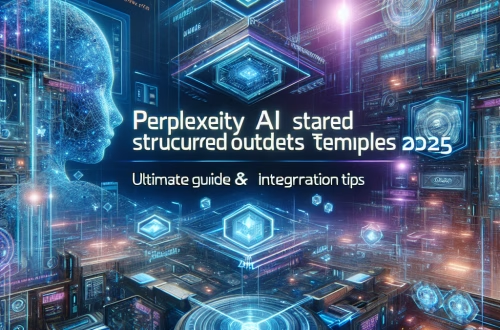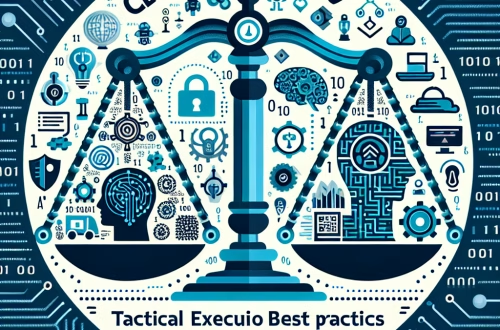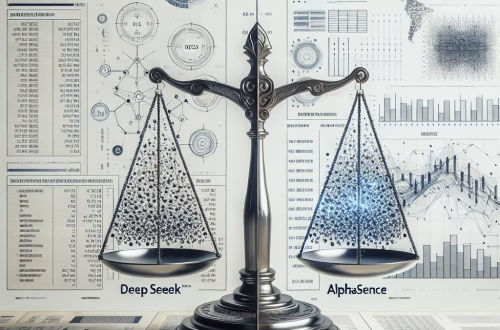AI for Personalized Marketing Campaigns
Summary:
AI for personalized marketing campaigns is revolutionizing how businesses engage with customers by tailoring content, recommendations, and ads to individual preferences. This technology leverages machine learning, natural language processing, and predictive analytics to analyze behavior and deliver hyper-targeted experiences. Companies use AI-driven personalization to enhance customer satisfaction, increase conversions, and optimize ad spend. For marketers, understanding AI’s role in automation and customization is crucial for staying competitive in today’s digital-first marketplace.
What This Means for You:
- Better Customer Engagement: AI allows you to craft highly relevant messages and offers, improving response rates. Use AI tools to segment audiences dynamically based on real-time data.
- Increased ROI from Campaigns: Automated personalization reduces wasted ad spend. Prioritize AI platforms with A/B testing capabilities to refine strategies continuously.
- Data Privacy Compliance: Ensure transparency in data collection to build trust. Implement AI solutions that adhere to GDPR and other privacy regulations.
- Future Outlook or Warning: While AI-driven marketing offers immense potential, over-reliance on automation risks alienating customers with overly intrusive targeting. Striking a balance between personalization and privacy will be critical as regulations evolve.
AI for Personalized Marketing Campaigns
Artificial Intelligence (AI) has become a cornerstone of modern marketing, empowering brands to create highly individualized interactions with their audiences. By analyzing vast datasets, AI predicts consumer behavior, optimizes content delivery, and personalizes messaging at scale. Below, we explore its applications, strengths, limitations, and best practices.
Best Uses of AI in Personalized Marketing
AI excels in several key areas of marketing personalization:
- Dynamic Content Generation: AI tools like ChatGPT and Jasper generate tailored email subject lines, product descriptions, and ad copy based on user preferences.
- Predictive Analytics: Platforms such as Google Analytics AI and IBM Watson forecast customer actions to refine targeting.
- Chatbots and Virtual Assistants: AI-powered chatbots offer real-time, personalized support, boosting engagement without human intervention.
- Programmatic Advertising: AI automates real-time bidding (RTB) to show the right ad to the right person at the optimal time.
Strengths of AI in Personalized Marketing
AI brings several advantages to marketing campaigns:
- Scalability: AI processes millions of data points quickly, enabling personalization at a global scale.
- Real-Time Adaptation: Machine learning adjusts campaigns mid-flight based on performance metrics.
- Enhanced Customer Insights: Deep learning algorithms uncover hidden patterns in behavior, improving segmentation accuracy.
Weaknesses and Limitations
Despite its potential, AI has shortcomings:
- Data Dependency: AI models require high-quality, unbiased data; poor inputs lead to inaccurate predictions.
- Privacy Concerns: Over-personalization may trigger distrust if users feel monitored excessively.
- Implementation Costs: Small businesses may struggle with the expense of advanced AI solutions.
Best Practices for AI-Powered Personalization
To maximize AI’s effectiveness:
- Start with clear KPIs (e.g., click-through rates, conversion lifts) to measure success.
- Use hybrid human-AI teams to oversee creative and strategic decision-making.
- Regularly audit AI outputs for bias or relevance to ensure ethical marketing practices.
People Also Ask About:
- How does AI improve ad targeting? AI analyzes browsing history, purchase behavior, and demographic data to serve ads to users most likely to engage, reducing wasted impressions.
- What are the risks of AI in marketing? Over-personalization can feel invasive, and biased algorithms may inadvertently exclude key demographics if not properly monitored.
- Which industries benefit most from AI-driven marketing? E-commerce, finance, and travel industries leverage AI heavily for recommendation engines and dynamic pricing.
- Is AI replacing human marketers? No—AI augments marketing by handling repetitive tasks, but human creativity and strategy remain essential.
Expert Opinion:
AI-powered marketing is transforming customer experiences but requires responsible deployment. Transparency in data usage and algorithmic fairness are non-negotiable to maintain consumer trust. As AI evolves, marketers must prioritize ethical guidelines to avoid backlash. The integration of generative AI into content creation also demands oversight to ensure brand consistency and accuracy.
Extra Information:
- IBM Watson Marketing – A comprehensive AI suite for predictive analytics and customer journey mapping.
- Google’s Marketing AI Tools – Resources for integrating machine learning into ad campaigns and SEO strategies.
Related Key Terms:
- AI-driven marketing personalization strategies
- Machine learning for hyper-targeted ads
- Best AI tools for customer segmentation
- Predictive analytics in digital marketing
- Ethical AI in personalized advertising
Check out our AI Model Comparison Tool here: AI Model Comparison Tool
*Featured image generated by Dall-E 3





